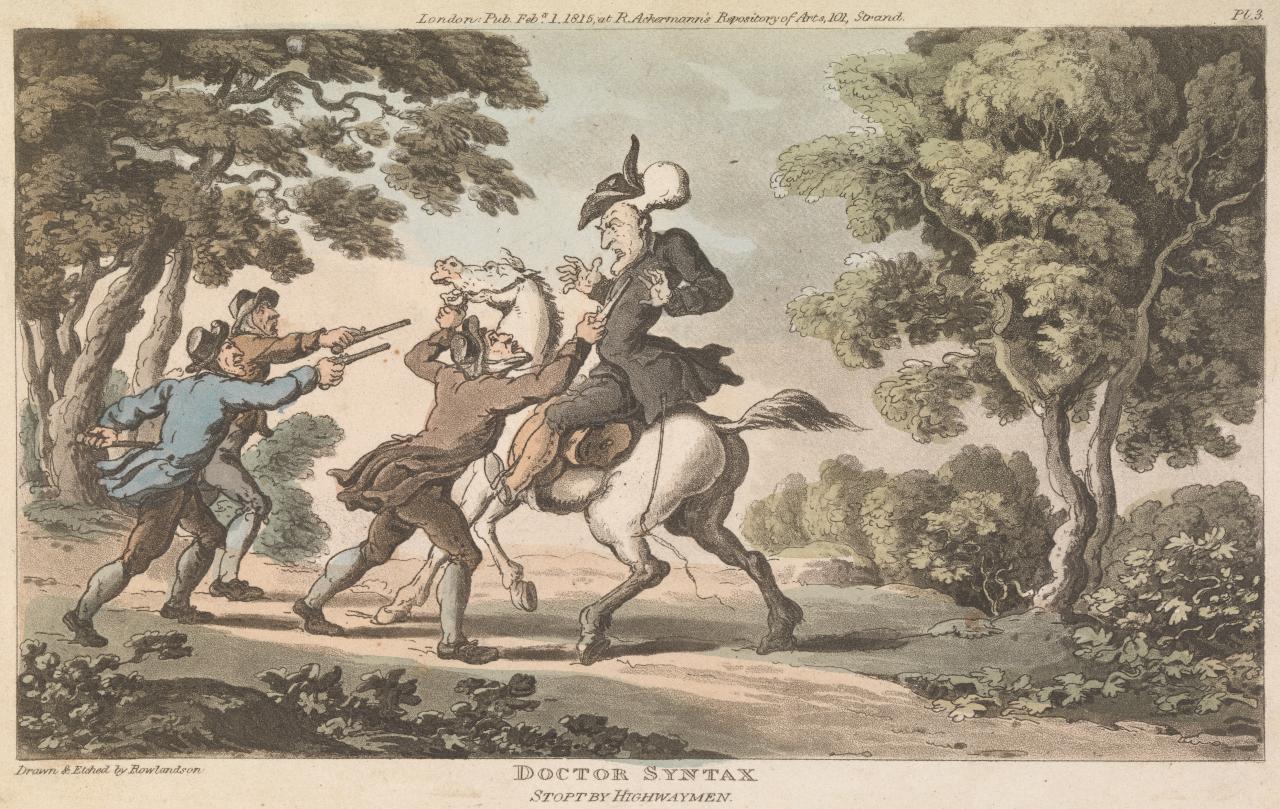|
The Foundling (Heyer Novel)
''The Foundling'' is a Regency romance novel written by Georgette Heyer and published by William Heinemann Ltd in 1948. It was also serialised in the ''Woman's Journal'' as "His Grace, the Duke of Sale", followed by a Book Club edition in 1949. Plot summary The Most Noble Adolphus Gillespie Vernon Ware, seventh Duke of Sale (and known to his friends as Gilly), is a formerly sickly child who has been raised by his uncle and guardian, Lord Lionel Ware, with the help of a team of devoted but overbearing servants. As he nears his 25th birthday and the reversion of the guardianship, the Duke has grown tired of his circumscribed existence and longs to lead the anonymous life of "Mr Dash of Nowhere in Particular". Now he is further unsettled after proposing at his uncle's suggestion to his childhood friend, Lady Harriet Presteigne, on the eve of her leaving for Bath to stay with her grandmother, Lady Ampleforth One of his young cousins, Matt, confesses to Gilly that he is being bl ... [...More Info...] [...Related Items...] OR: [Wikipedia] [Google] [Baidu] |
Georgette Heyer
Georgette Heyer (; 16 August 1902 – 4 July 1974) was an English novelist and short-story writer, in both the Regency romance and detective fiction genres. Her writing career began in 1921, when she turned a story for her younger brother into the novel ''The Black Moth''. In 1925 Heyer married George Ronald Rougier, a mining engineer. The couple spent several years living in Tanganyika Territory and Macedonia before returning to England in 1929. After her novel '' These Old Shades'' became popular despite its release during the General Strike, Heyer determined that publicity was not necessary for good sales. For the rest of her life she refused to grant interviews, telling a friend: "My private life concerns no one but myself and my family."Hodge (1984), p. 70. Heyer essentially established the historical romance genre and its subgenre Regency romance. Her Regencies were inspired by Jane Austen. To ensure accuracy, Heyer collected reference works and kept detailed not ... [...More Info...] [...Related Items...] OR: [Wikipedia] [Google] [Baidu] |
Footpad
In archaic terminology, a footpad is a robber or thief specialising in pedestrian victims. The term was used widely from the 16th century until the 19th century, but gradually fell out of common use. A footpad was considered a low criminal, as opposed to the mounted highwayman who in certain cases might gain fame as well as notoriety. Footpads operated during the Elizabethan era and until the beginning of the 19th century. Etymology According to the ''American Heritage Dictionary'', the origin of the term is not entirely clear, but it may be a concatenation of ''foot'' and the word ''pad'', related to ''path.'' This would indicate a robber who is on foot, as opposed to his equestrian counterpart. Robbing Footpads always operated on foot and robbed people by first putting them in fear. Social and economic conditions, the high cost of horses, and their precarious state led them to commit robberies in the streets. Criminals found it safer and advantageous to move in darkness so ... [...More Info...] [...Related Items...] OR: [Wikipedia] [Google] [Baidu] |
1948 British Novels
Events January * January 1 ** The General Agreement on Tariffs and Trade (GATT) is inaugurated. ** The Constitution of New Jersey (later subject to amendment) goes into effect. ** The railways of Britain are nationalized, to form British Railways. * January 4 – Burma gains its independence from the United Kingdom, becoming an independent republic, named the ''Union of Burma'', with Sao Shwe Thaik as its first President, and U Nu its first Prime Minister. * January 5 ** Warner Brothers shows the first color newsreel (''Tournament of Roses Parade'' and the ''Rose Bowl Game''). ** The first Kinsey Reports, Kinsey Report, ''Sexual Behavior in the Human Male'', is published in the United States. * January 7 – Mantell UFO incident: Kentucky Air National Guard pilot Thomas Mantell crashes while in pursuit of an unidentified flying object. * January 12 – Mahatma Gandhi begins his fast-unto-death in Delhi, to stop communal violence during the Partition of India. * ... [...More Info...] [...Related Items...] OR: [Wikipedia] [Google] [Baidu] |
Historical Novels
Historical fiction is a literary genre in which the plot takes place in a setting related to the past events, but is fictional. Although the term is commonly used as a synonym for historical fiction literature, it can also be applied to other types of narrative, including theatre, opera, cinema, and television, as well as video games and graphic novels. An essential element of historical fiction is that it is set in the past and pays attention to the manners, social conditions and other details of the depicted period. Authors also frequently choose to explore notable historical figures in these settings, allowing readers to better understand how these individuals might have responded to their environments. The historical romance usually seeks to romanticize eras of the past. Some subgenres such as alternate history and historical fantasy insert intentionally ahistorical or speculative elements into a novel. Works of historical fiction are sometimes criticized for lack of authe ... [...More Info...] [...Related Items...] OR: [Wikipedia] [Google] [Baidu] |
Novels By Georgette Heyer
A novel is a relatively long work of narrative fiction, typically written in prose and published as a book. The present English word for a long work of prose fiction derives from the for "new", "news", or "short story of something new", itself from the la, novella, a singular noun use of the neuter plural of ''novellus'', diminutive of ''novus'', meaning "new". Some novelists, including Nathaniel Hawthorne, Herman Melville, Ann Radcliffe, John Cowper Powys, preferred the term "romance" to describe their novels. According to Margaret Doody, the novel has "a continuous and comprehensive history of about two thousand years", with its origins in the Ancient Greek and Roman novel, in Chivalric romance, and in the tradition of the Italian renaissance novella.Margaret Anne Doody''The True Story of the Novel'' New Brunswick, NJ: Rutgers University Press, 1996, rept. 1997, p. 1. Retrieved 25 April 2014. The ancient romance form was revived by Romanticism, especially the historica ... [...More Info...] [...Related Items...] OR: [Wikipedia] [Google] [Baidu] |
The New York Times
''The New York Times'' (''the Times'', ''NYT'', or the Gray Lady) is a daily newspaper based in New York City with a worldwide readership reported in 2020 to comprise a declining 840,000 paid print subscribers, and a growing 6 million paid digital subscribers. It also is a producer of popular podcasts such as '' The Daily''. Founded in 1851 by Henry Jarvis Raymond and George Jones, it was initially published by Raymond, Jones & Company. The ''Times'' has won 132 Pulitzer Prizes, the most of any newspaper, and has long been regarded as a national " newspaper of record". For print it is ranked 18th in the world by circulation and 3rd in the U.S. The paper is owned by the New York Times Company, which is publicly traded. It has been governed by the Sulzberger family since 1896, through a dual-class share structure after its shares became publicly traded. A. G. Sulzberger, the paper's publisher and the company's chairman, is the fifth generation of the family to head the pa ... [...More Info...] [...Related Items...] OR: [Wikipedia] [Google] [Baidu] |
The Times Literary Supplement
''The Times Literary Supplement'' (''TLS'') is a weekly literary review published in London by News UK, a subsidiary of News Corp. History The ''TLS'' first appeared in 1902 as a supplement to ''The Times'' but became a separate publication in 1914. Many distinguished writers have contributed, including T. S. Eliot, Henry James and Virginia Woolf. Reviews were normally anonymous until 1974, when signed reviews were gradually introduced during the editorship of John Gross. This aroused great controversy. "Anonymity had once been appropriate when it was a general rule at other publications, but it had ceased to be so", Gross said. "In addition I personally felt that reviewers ought to take responsibility for their opinions." Martin Amis was a member of the editorial staff early in his career. Philip Larkin's poem "Aubade", his final poetic work, was first published in the Christmas-week issue of the ''TLS'' in 1977. While it has long been regarded as one of the world's pre-emi ... [...More Info...] [...Related Items...] OR: [Wikipedia] [Google] [Baidu] |
Emma (novel)
''Emma'' is a novel about youthful hubris and romantic misunderstandings, written by Jane Austen. It is set in the fictional country village of Highbury and the surrounding estates of Hartfield, Randalls and Donwell Abbey, and involves the relationships among people from a small number of families. The novel was first published in December 1815, with its title page listing a publication date of 1816. As in her other novels, Austen explores the concerns and difficulties of genteel women living in Georgian–Regency England. ''Emma'' is a comedy of manners. Before she began the novel, Austen wrote, "I am going to take a heroine whom no one but myself will much like." In the first sentence, she introduces the title character as "Emma Woodhouse, handsome, clever, and rich, with a comfortable home and a happy disposition... had lived nearly twenty-one years in the world with very little to distress or vex her." Emma is spoiled, headstrong, and self-satisfied; she greatly overestimat ... [...More Info...] [...Related Items...] OR: [Wikipedia] [Google] [Baidu] |
Jane Austen
Jane Austen (; 16 December 1775 – 18 July 1817) was an English novelist known primarily for her six major novels, which interpret, critique, and comment upon the British landed gentry at the end of the 18th century. Austen's plots often explore the dependence of women on marriage in the pursuit of favourable social standing and economic security. Her works critique the novels of sensibility of the second half of the 18th century and are part of the transition to 19th-century literary realism. Her use of biting irony, along with her realism and social commentary, have earned her acclaim among critics, scholars and readers alike. With the publication of ''Sense and Sensibility'' (1811), '' Pride and Prejudice'' (1813), ''Mansfield Park'' (1814), and '' Emma'' (1816), she achieved modest success but only little fame in her lifetime since the books were published anonymously. She wrote two other novels—''Northanger Abbey'' and '' Persuasion'', both published posthumou ... [...More Info...] [...Related Items...] OR: [Wikipedia] [Google] [Baidu] |
Jennifer Kloester
Jennifer Kloester is a biographer noted for her work on Georgette Heyer. Kloester's 2011 biography of Heyer is entitled. ''Georgette Heyer: Biography of a Bestseller.'' While researching the biography, ''Georgette Heyer,'' she discovered nine "lost" stories published by Heyer in the 1920s and 30s. They were republished in 2016 in an anthology entitled '' Snowdrift and Other Stories,'' edited by Kloester. Kloester's ''Georgette Heyer’s Regency World,'' an exploration of the historical, social and cultural setting of Heyer's popular novels of regency romance, was published in 2010. References {{DEFAULTSORT:Kloester, Jennifer Year of birth missing (living people) Living people Australian biographers ... [...More Info...] [...Related Items...] OR: [Wikipedia] [Google] [Baidu] |
Ironmongery
Ironmongery originally referred, first, to the manufacture of iron goods and, second, to the place of sale of such items for domestic rather than industrial use. In both contexts, the term has expanded to include items made of steel, aluminium, brass, or other metals, as well as plastics. The term ironmonger as a supplier of consumer goods is still widely used in Great Britain, the US equivalent being "hardware store". Many architectural ironmongery items (for example, door handles, locks, hinges, etc.) are also manufactured for wholesale and commercial use in offices and other buildings. History Dealing in ironware has a long tradition, dating back to the first recorded use of the metal to fashion useful objects as long ago as 1200 BC, and studying the movement of such goods around the world, often over long distances, has provided valuable insight into early societies and trading patterns. By the Middle Ages, skilled metalworkers were highly prized for their ability to crea ... [...More Info...] [...Related Items...] OR: [Wikipedia] [Google] [Baidu] |
Kettering
Kettering is a market and industrial town in North Northamptonshire, England. It is located north of London and north-east of Northampton, west of the River Ise, a tributary of the River Nene. The name means "the place (or territory) of Ketter's people (or kinsfolk)".R.L. Greenall: A History of Kettering, Phillimore & Co. Ltd, 2003, . p.7. In the 2011 census Kettering's built-up area had a population of 63,675. It is part of the East Midlands, along with other towns in Northamptonshire. There is a growing commuter population as it is on the Midland Main Line railway, with East Midlands Railway services direct to London St Pancras International taking about an hour. Early history Kettering means "the place (or territory) of Ketter's people (or kinsfolk)". Spelt variously Cytringan, Kyteringas and Keteiringan in the 10th century, although the origin of the name appears to have baffled place-name scholars in the 1930s, words and place-names ending with "-ing" usually derive f ... [...More Info...] [...Related Items...] OR: [Wikipedia] [Google] [Baidu] |




.png)



